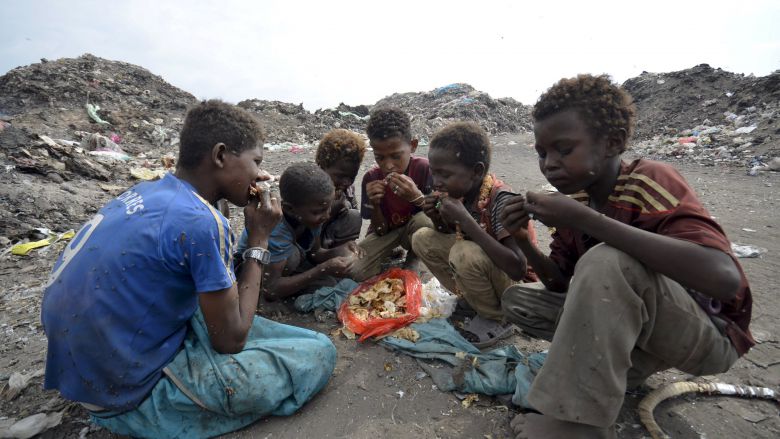Aden — Tension reemerged Thursday between the two partners of the coup in Yemen after Houthis and former president Ali Abdullah Saleh’s supporters exchanged accusations of obstructing a political agreement that united both sides.
Saleh, who heads the General People’s Congress (GPC), sent a letter to the so-called Ansar Allah, the political office of Houthis, accusing the rebels of launching campaigns against his leadership and party members.
In the letter sent by Aref Al-Zouka, Saleh said that some of his ministers in the unofficial rebel government, including the Minister of Education and the Minister of Awqaf and Guidance, had been “humiliated” by the Houthis, who “lack the will to maintain partnership.”
The former president enclosed to his letter a list of 44 members of the Houthi militia and its journalists who were attacking Saleh and the leaders of his party, threatening to quit the alliance.
The party considered those insults as “clear indications and conclusive evidence that you have no desire to carry on partnership. We would like to inform you that we do not want a sham partnership,” Al-Zouka said in his letter.
For his part, leader of the Houthi so-called Supreme Political Council, Saleh al-Samad responded to the letter by accusing figures close to Saleh of trying to “break internal unity” between the two allies.
Al-Samad added: “What partnership do you speak of when you are the ones obstructing the role of the political council and the government?”
The Houthi official said: “We, too, are not honored to remain in a sham responsibility incapable of fixing the simplest reforms.”
Yemeni political figures said the GPC letter expressed that relations with the Houthis reached a “very embarrassing level.”
Yassine al-Tamimi, a Yemeni political analyst, told Asharq Al-Awsat on Thursday that the letter was not related to the violations committed by the 44 Houthi officials listed in Saleh’s letter, but rather involves the failure of the two allies in managing the coup, which was never established based on good intentions.
“Houthi officials have directed several blows to the GPC camp with an aim to silence the party’s activists and journalists criticizing their policies,” al-Tamimi said.
